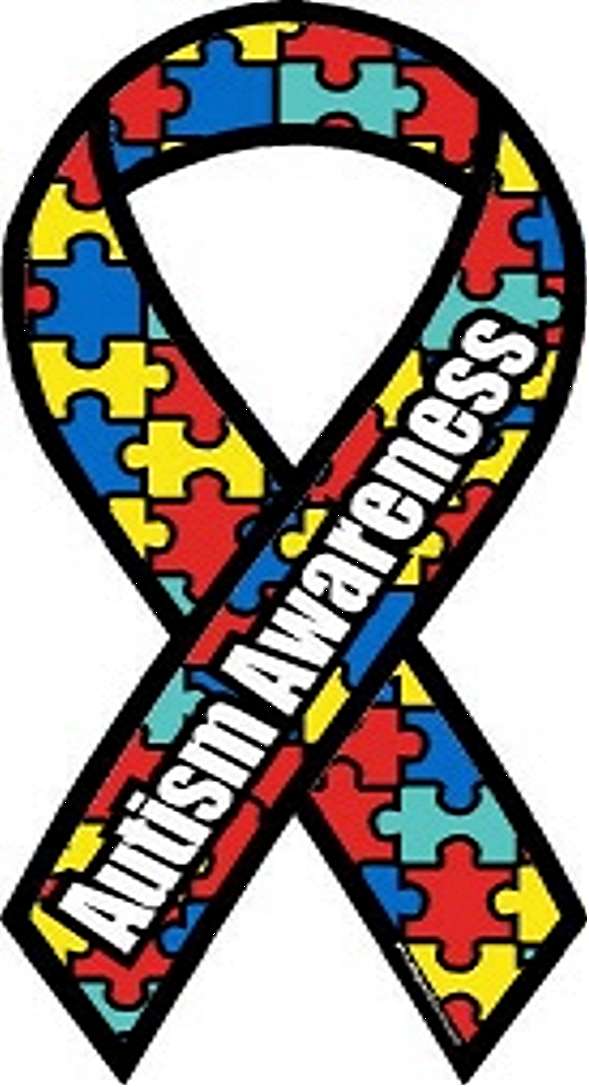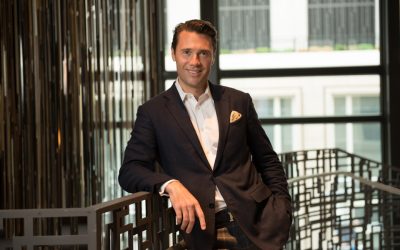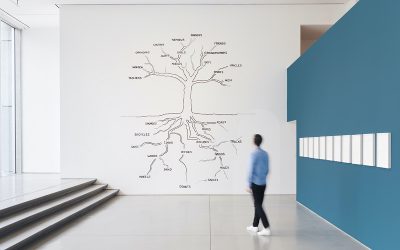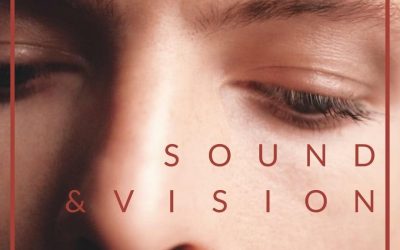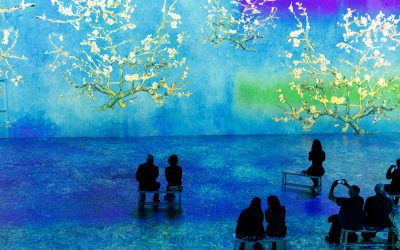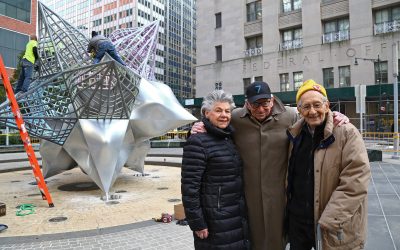Leading expert Dr. Catherine Lord will discuss autism awareness in Lower Manhattan on April 21. In recognition of Autism Awareness Month, Dr. Catherine Lord, director of the Center for Autism and the Developing Brain at NewYork-Presbyterian Hospital, will be conducting a Health and Wellness Seminar on Autism Awareness on Tuesday, April 21, 2015. The Seminar will take place from 9:00 a.m. to 10:30 a.m. in the Aniello Bianco Room at Pace University, located at 3 Spruce Street. Can’t make the seminar? Dr. Lord offers families guidance and tips for coping with a child’s diagnosis.
- Have hope. Every day we learn more about how to help people with ASD. Life gets better.
- Remember that your child is an individual. Your child is first and foremost his or her own unique person, then a child, then a child with strengths and difficulties, and only then a child with ASD.
- Build a strong support system. Find people you can trust to support you as an individual, and then to support you as a parent of a child with autism. Acknowledge that this isn’t easy and give yourself credit for what you do.
- Find credible sources and resources in your community. You will hear many contradictory and unfounded pieces of information. Stand up for what you think are the needs of your child. Find professionals whom you trust and resources in which you have faith. Don’t be afraid to ask. Other parents can be important sources of information, but every child with ASD is different.
- Enjoy each other. Do things every day that you and your child can enjoy together. While opportunities for learning are important, shared enjoyment is even more important in a family.
- Set goals. Set small, reasonable goals for your child and figure out how to accomplish these goals. Have ideas for next steps that aren’t miles down the road.
- Make time for your partner. Set aside some time, even just a few minutes, to focus on each other and not the child. Listen to each other’s needs and perspectives as you consider what you will do for your child.
- Be involved. Children with ASD who have families that devote time to learning and playing with them show more improvements than families who are less involved.
- Have reasonable expectations for your child’s behavior. Do not let your child do things that you would not let another child of the same age do, such as biting people or climbing on counters. Do not punish, but interrupt quickly, be firm and redirect, offering a distraction.
- Build on your child and your family’s strengths. Help your child find things she or he loves and use that passion to build experience and/or skills. If your family is passionate about something like music, sports or travel, find a niche for your child in that interest.
To attend Dr. Lord’s seminar, register in advance at communityrelations@pace.edu or from 8:30 a.m. to 9:00 a.m. at Pace University on the morning of the event. This event is co-sponsored by NewYork-Presbyterian/Lower Manhattan Hospital, Weill Cornell Medical College, Pace University and HRP Mamas.

